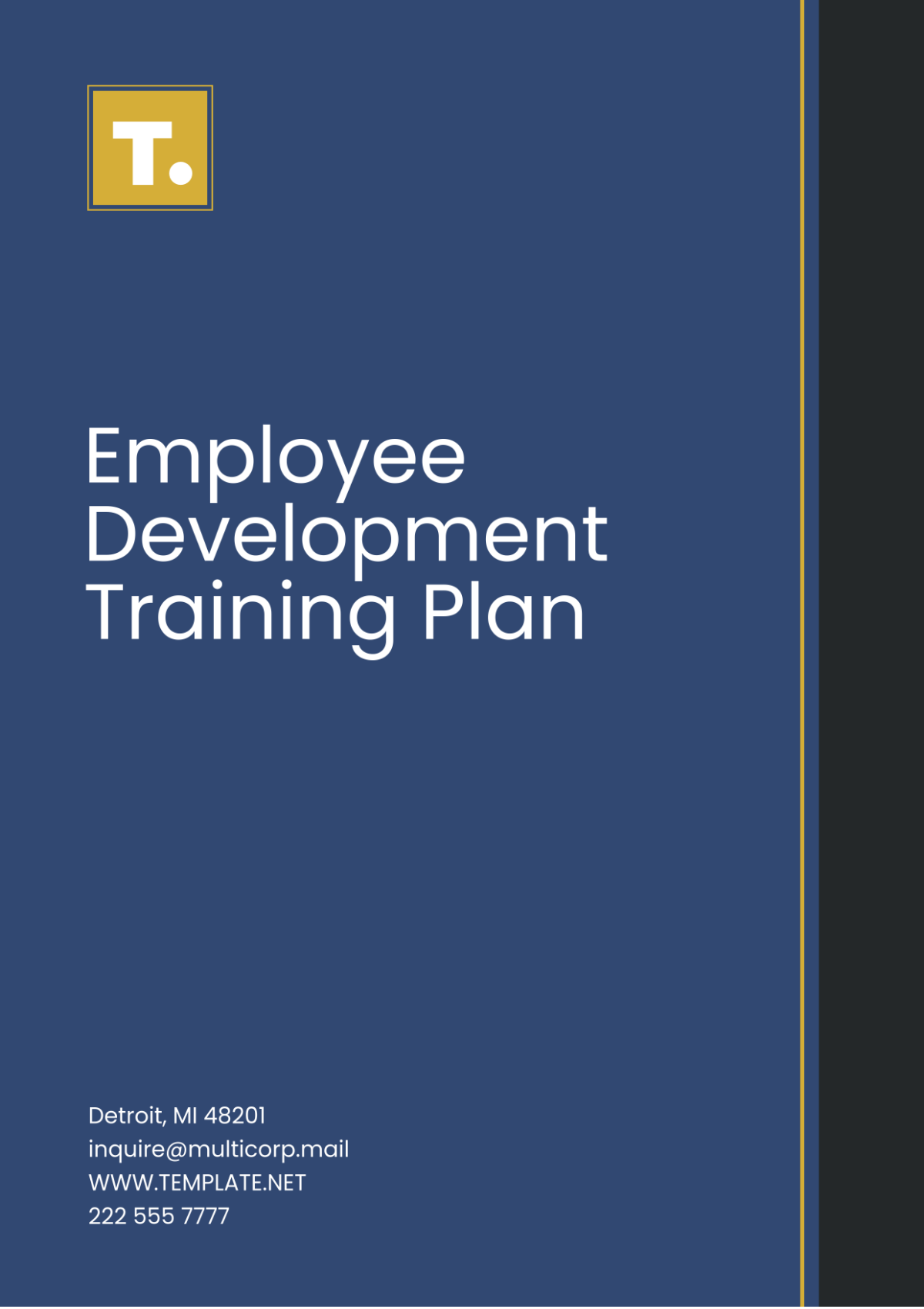Time Management for Employees Plan Outline
1. Introduction
Overview of Time Management Importance
Objectives of the Plan
Expected Outcomes for Employees and the Organization
2. Assessment of Current Time Management Practices
Evaluation of Current Time Management Behaviors
Common Time Wasters
Employee Feedback and Surveys
3. Setting Clear Goals and Priorities
Establishing Personal and Professional Goals
Prioritization Techniques (e.g., Eisenhower Matrix)
Aligning Individual Goals with Company Objectives
4. Effective Planning Techniques
Introduction to Time Management Tools (Calendars, Task Management Apps)
Daily, Weekly, and Monthly Planning Guidelines
Time Blocking and Scheduling Strategies
5. Delegation and Collaboration
Identifying Tasks Suitable for Delegation
Best Practices for Delegation
Promoting Collaborative Work and Time Sharing
6. Reducing Time Wasting and Distractions
Identifying Common Workplace Distractions
Techniques to Minimize Interruptions
Creating a Distraction-Free Workspace
7. Building Productive Routines
Creating Effective Morning and Evening Routines
Incorporating Breaks and Downtime
Maintaining a Healthy Work-Life Balance
8. Employee Training and Workshops
Time Management Skills Training Programs
Interactive Workshops for Skill Development
Ongoing Support and Resources
9. Monitoring Progress and Continuous Improvement
Setting Time Management Benchmarks
Regular Check-ins and Feedback Sessions
Tools for Tracking Time Usage and Efficiency
10. Conclusion
Summarizing Key Time Management Principles
Long-Term Benefits for Employees and Organization
Encouragement for Continued Commitment to Effective Time Management



